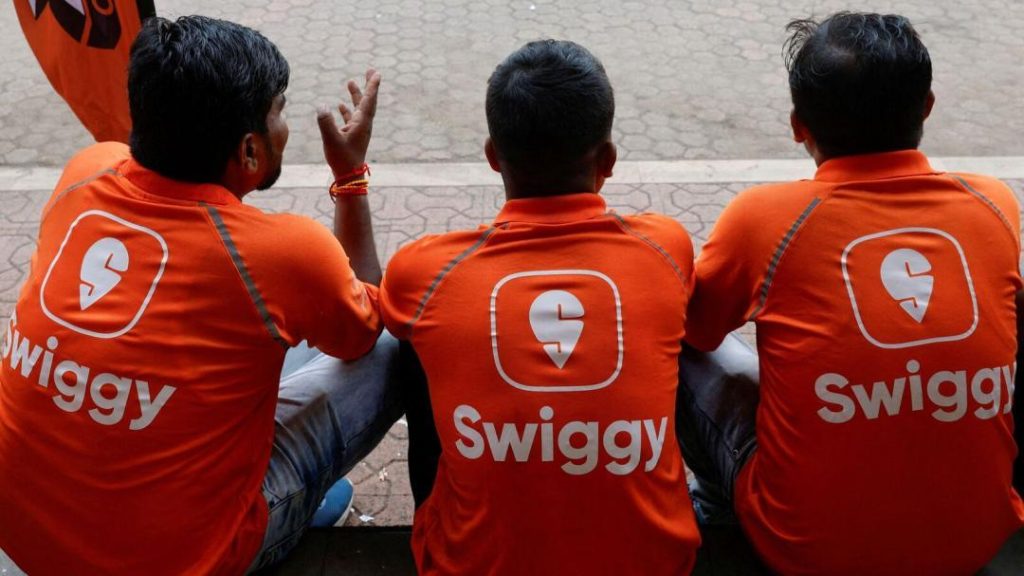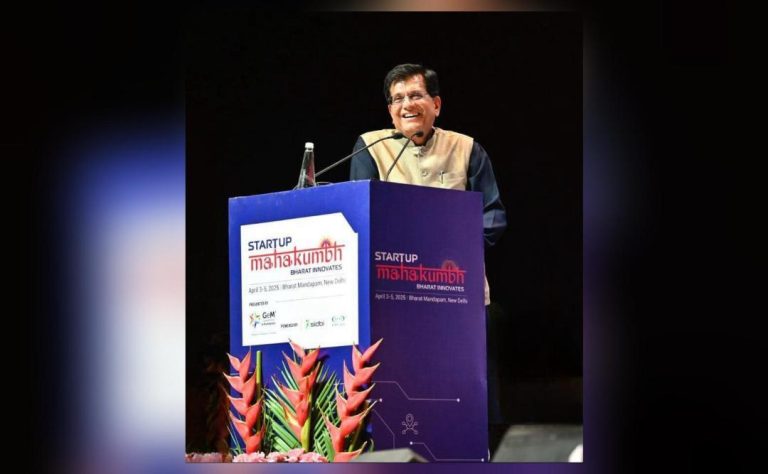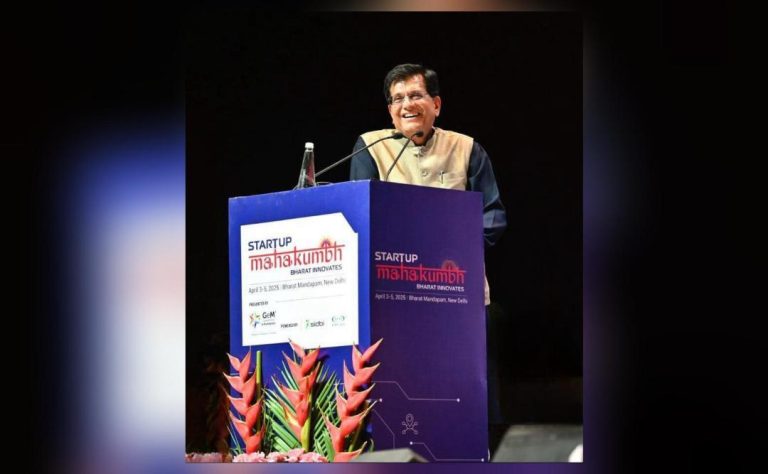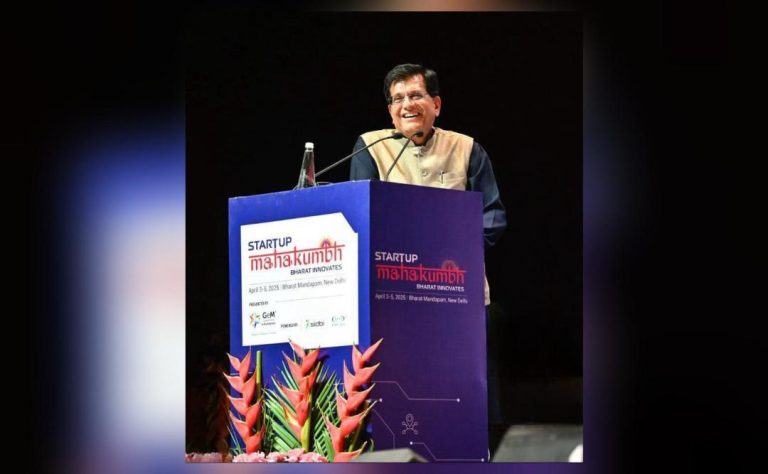
Swiggy Faces ₹158 Crore Tax Demand Over Cancellation Fees
Swiggy, one of India’s most popular food delivery platforms, has been slapped with a whopping ₹158 crore tax demand by the Income Tax Department for the financial year 2021-22. The demand is reportedly related to alleged violations of tax provisions regarding cancellation charges paid to merchants. In response, Swiggy has announced its intention to appeal the demand, citing a misunderstanding of tax provisions.
According to sources, the tax demand was issued to Swiggy under Section 156 of the Income Tax Act, which allows the Income Tax Department to issue a notice to a taxpayer for alleged tax evasion or non-compliance with tax laws. In this case, the tax authorities have accused Swiggy of violating tax provisions related to cancellation fees paid to merchants, which are considered a form of income that is taxable.
Swiggy’s cancellation fees are a percentage of the order value, and are typically charged to customers when they cancel their orders. However, the Income Tax Department has allegedly determined that these fees are not being properly taxed, and is demanding a significant amount of money from Swiggy to cover the alleged tax liability.
In response to the tax demand, Swiggy has stated that it will appeal the decision, claiming that the demand stems from a misunderstanding of tax provisions. The company has also expressed its commitment to complying with all applicable tax laws and regulations, and has vowed to work with the Income Tax Department to resolve the matter.
This development is significant not only for Swiggy, but also for the broader digital economy. The case may set a precedent for how cancellation fees are taxed in the evolving digital economy, and could have implications for other companies that operate in the food delivery and e-commerce spaces.
Experts suggest that the tax demand may be a reflection of the Indian government’s increasing focus on taxing digital transactions. In recent years, the government has taken steps to increase tax compliance among e-commerce companies, including the introduction of new tax laws and regulations.
The demand may also be seen as a response to concerns over the tax treatment of cancellation fees. In the past, some e-commerce companies have been accused of not properly taxing these fees, which can result in a loss of revenue for the government.
However, the tax demand may also have implications for Swiggy’s business model. The company’s cancellation fees are a significant source of revenue, and if the tax authorities are successful in their demand, it could result in a significant reduction in the company’s profits.
In conclusion, Swiggy’s ₹158 crore tax demand is a significant development that may have far-reaching implications for the digital economy. While the company plans to appeal the demand, the case may set a precedent for how cancellation fees are taxed in India. As the digital economy continues to evolve, it is likely that we will see more developments like this, and companies will need to be prepared to adapt to changing tax laws and regulations.
Source: https://ascendants.in/industry_events/swiggy-rs-158-crore-tax-demand/





